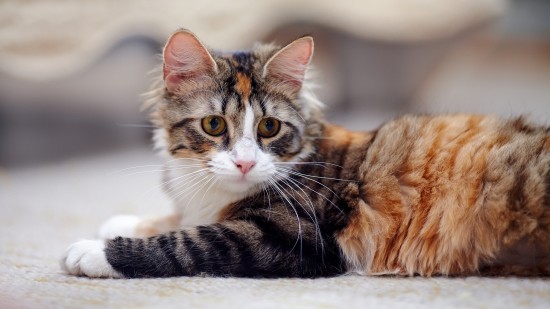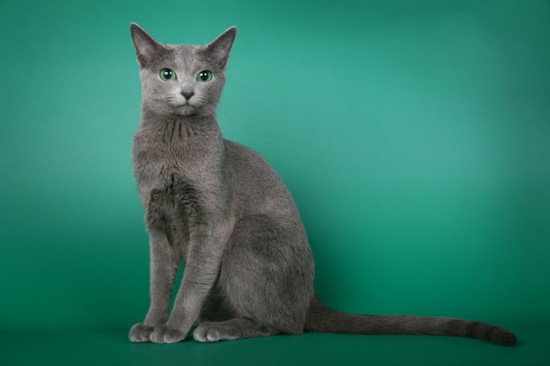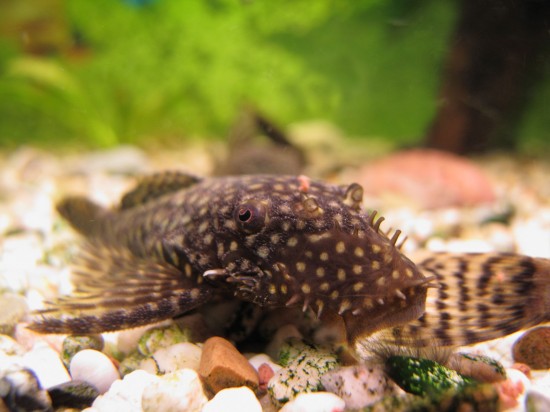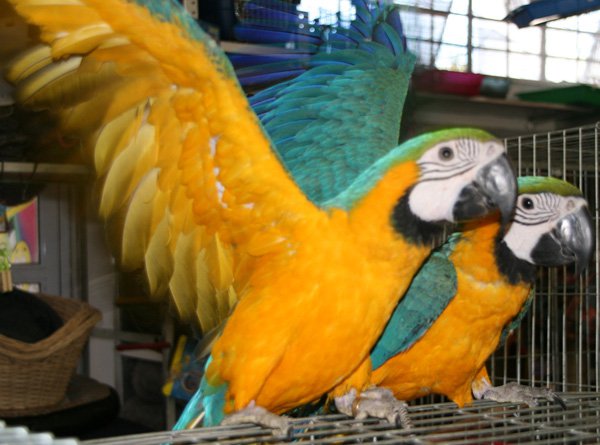

Many cats do not benefit from veterinary good care in the very early stages of their lives. Some are feral or semi-feral and will not know the careful rearing their counterparts have, that are raised in a home. Some cats can be exposed to viruses when very young and have no defence against them, other than any immunity passed on by their mothers as antibodies, which do not last long. These type of cats that are not vaccinated early, can be affected with several diseases, one of which is called Feline Herpes Virus.
Herpes is a very contagious virus, in humans the most common herpes virus is that of cold sores, while in cats the virus causes different symptoms. Although the virus has the same name, herpes is specific to species. This which means that human herpes virus only affects humans and the feline version, cats. There is no crossover, so if you have a cat with feline herpes virus (FHV), you cannot contract it. The disease is found everywhere, in the UK and Worldwide and it can affect any type of cat, regardless of age, breed, or gender.
Because FHV causes many upper respiratory infections (known as URIs) in cats, it can be easily spread from cat to cat by:
After infection cats can seem well, but will still carry the virus (many times termed as the virus being latent).
The symptoms of the virus are similar to that of a cold - this is why it is one of the major causes of what is termed cat flu in the feline species.
The main signs that cats with the virus display clinically are:
Under normal circumstances this disease is not specifically diagnosed, but the mere presence of the symptoms described before, as an upper respiratory infection is enough to presume FHV. If the owner wants a definitive diagnosis then the veterinary surgeon can take swabs from either the eye or mouth and send them to a laboratory. The laboratory can either grow a culture of the virus or use other techniques to detect the genetics of the sample. Evidence can also be taken in the form of biopsies, which can confirm the diagnosis - particularly useful if there is a skin infection.
Even with vaccination for FHV (one of the components of a cat flu vaccination), it does not necessarily prevent the infection, but will massively reduce how severe the disease is - cats should be up to date with their vaccinations regardless! In cases where the cat has been exposed to the virus before vaccination the conditions can only be managed, as it will stay with the cat for the rest of its life. It remain dormant (latent) unless the cat suffers flare ups of the virus. Keeping the flare ups to a minimum and treating the virus when the cat is having a flare up, is the only way of managing the condition.
Medical treatment for managing FHV flare ups include:
Owner treatment for managing FHV:
With the correct care and management cats with FHV can have a good quality of life. The main thing for the owner of a cat with Feline Herpes Virus is understanding the condition fully. They need to know the signs of flare ups, how their cat reacts to flare ups and how the good cleanliness of the cats area can help control the virus. Being responsible with regard to other cats in the area is also a big part of owning a cat with FHV. Many owners opt to keep their animals as indoor cats, in case they meet other cats that are not vaccinated in the outside world.
Of course with pets with a long term condition, the owner must be ready for the long haul and be aware that the cat may need regular medication to treat flare ups, all of which come with a cost in the form of veterinary fees. Speaking to and having a good relationship with your veterinary surgeon, will help the owner of a cat, with FHV.
With good knowledge and assistance from a veterinary surgeon and veterinary staff, owning a cat with FHV can be satisfying!
 Getting A Rabbit Run - What To Consider
Getting A Rabbit
Getting A Rabbit Run - What To Consider
Getting A Rabbit
 Great Danes And Heart Disorders
Great Danes And H
Great Danes And Heart Disorders
Great Danes And H
 Breeding Cats - Keeping A Stud Cat
Breeding Cats - K
Breeding Cats - Keeping A Stud Cat
Breeding Cats - K
 Best Bottom Feeders For Your Fish Tank
Best Bottom Feede
Best Bottom Feeders For Your Fish Tank
Best Bottom Feede
 Do You Know How To Clear Cloudy Aquarium Water The Easy Way?
Do You Know How To Clear Cloudy Aquarium Water The Easy Wa
Do You Know How To Clear Cloudy Aquarium Water The Easy Way?
Do You Know How To Clear Cloudy Aquarium Water The Easy Wa
Copyright © 2005-2016 Pet Information All Rights Reserved
Contact us: www162date@outlook.com